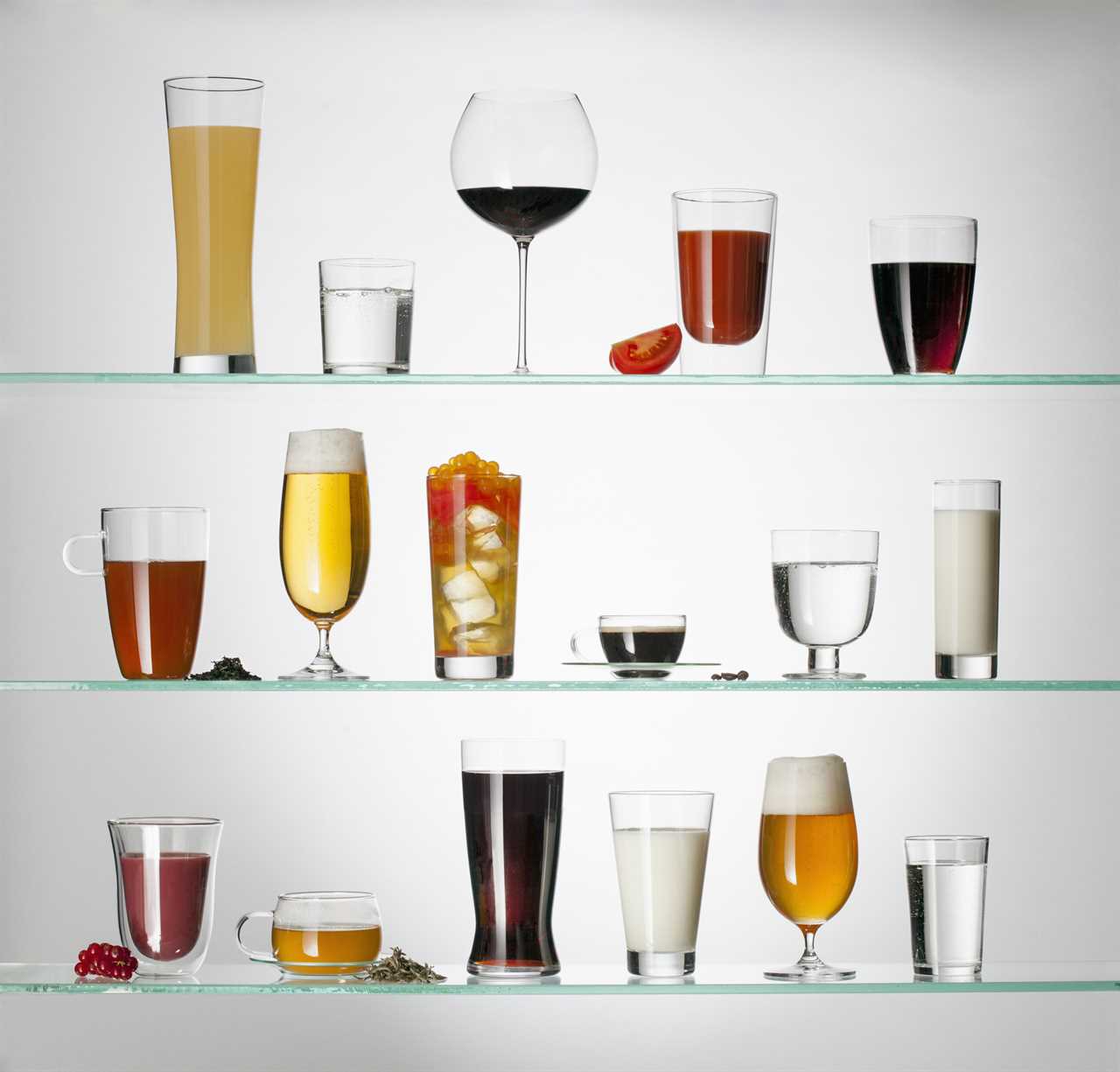THE sad reality is that a staggering one in every two Brits will develop cancer at some point in their lives.
It’s worth doing what we can to mitigate the risk — even if that means giving up some things we love.

Alcohol can increase your risk of seven types of cancer
Common risk factors for cancer are fairly well documented, such as smoking too much, sun exposure and poor diet.
But there’s one common cause many of us indulge in which is often forgotten about – and that’s alcohol.
According to new study from the University of Reading, all types of alcohol can significantly increase your risk of seven different types of cancer.
This includes mouth, upper throat, laryngeal, oesophageal, breast, liver and bowel cancer.
Experts believe this is because of a harmful chemical called acetaldehyde which is produced by our bodies when we process alcohol.
They found that acetaldehyde can break and damage DNA within stem cells – which are the building blocks of all organs, tissues, blood and the immune system.
Lead author of the study, Professor Ketan Patel, head of molecular and cellular medicine at Reading, said: “Some cancers develop due to DNA damage in stem cells.
“While some damage occurs by chance, our findings suggest that drinking alcohol can increase the risk of this damage.”
The research, published in Nature, also discovered that some people who drink alcohol have a higher risk of developing cancer than others.
For those who develop a flushed complexion when they drink or feel unwell, experience four times as much DNA damage compared to those who don’t have those symptoms.
This is because some people don’t have the enzyme, known as aldehyde dehydrogenases, which breaks down and gets rid of harmful acetaldehyde made by our bodies in response to booze.
Professor Patel added: “Our study highlights that not being able to process alcohol effectively can lead to an even higher risk of alcohol-related DNA damage and therefore certain cancers.
“But it’s important to remember that alcohol clearance and DNA repair systems are not perfect and alcohol can still cause cancer in different ways, even in people whose defence mechanisms are intact.”
The research, part-funded by Cancer Research UK, was carried out on Mice to see how alcohol exposure leads to permanent genetic damage.
Professor Linda Bauld, Cancer Research UK’s expert on cancer prevention, said: “This thought-provoking research highlights the damage alcohol can do to our cells, costing some people more than just a hangover.
“We know that alcohol contributes to over 12,000 cancer cases in the UK each year, so it’s a good idea to think about cutting down on the amount you drink.”
Meanwhile, new analysis suggested that young people are now more at risk of developing cancer than ever before.
Experts believe this is because of major changes to the average Western person’s diet and lifestyle over the last several decades.
This includes increased alcohol consumption, lack of sleep, eating lots of highly processed foods, drinking sugary drinks and higher incidences of smoking.
11 ways to spot cancer – according to the NHS
Cancer symptoms can be broad-ranging and can often mask as everyday illnesses like cold or flu.
But it’s always better to err on the side of caution if you have any of these symptoms and speak to your GP, which according to the NHS could be a sign of cancer:
1. Coughing, chest pain and breathlessness
2. Changes in bowel habits
3. Bloating
4. Bleeding
5. Lumps
6. Moles
7. Unexplained weight loss
8. Tummy or back pain
9. Indigestion and heartburn
10. Itchy or yellow skin
11. Feeling tired and unwell






